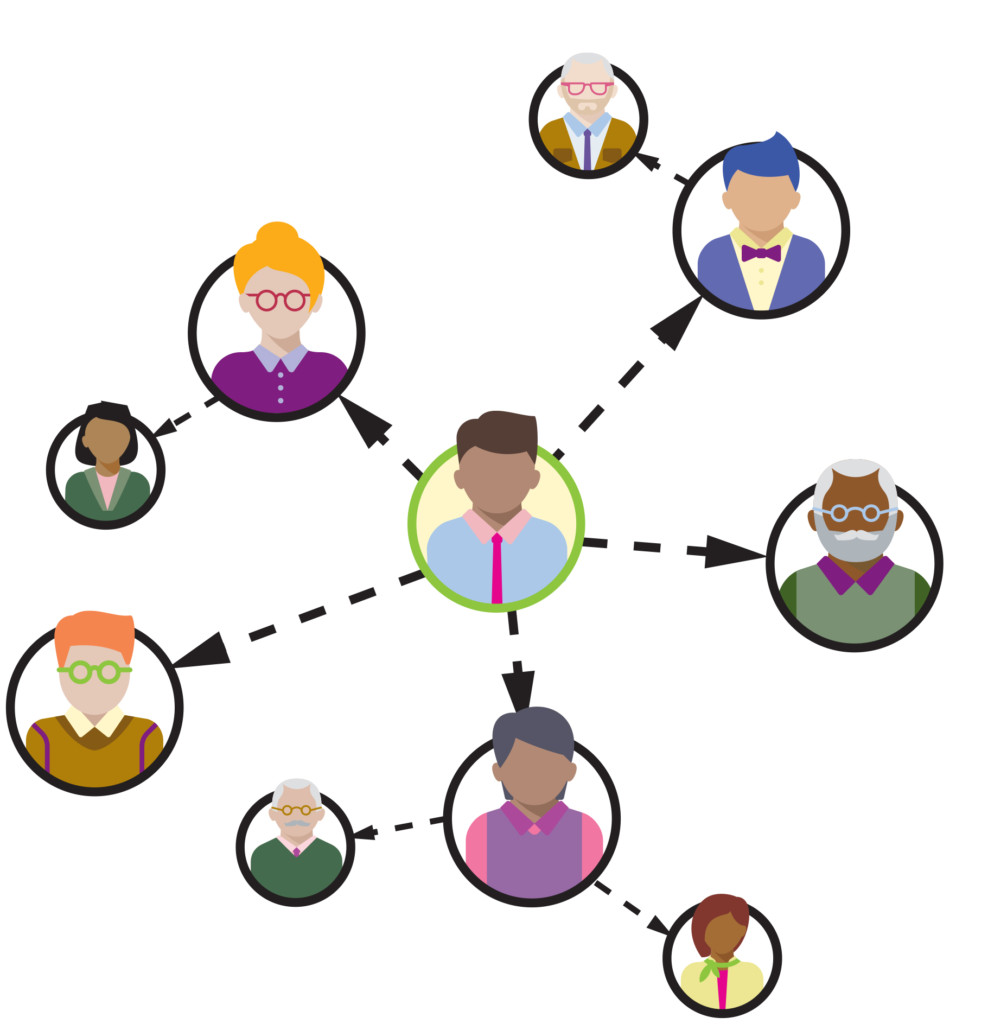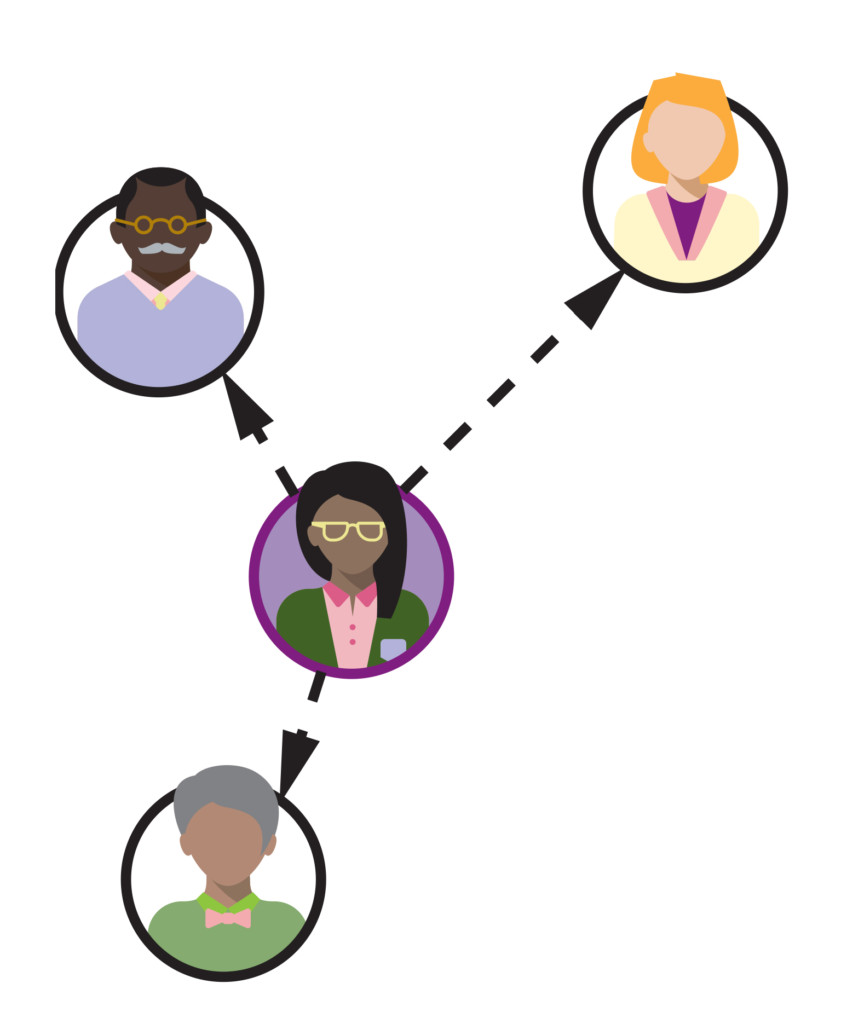 Source: Holly Williams
Source: Holly Williams
It’s grant application time, and I’m crippled with anxiety as I attempt to redeem academia’s invaluable ticket to success—a letter of support from my past and present mentors. In these moments of panic, I ask myself, “Am I the only one who feels this way?” Then reality sets in: I am usually one of very few women in any given academic setting. Does the gender disparity within our community breed uneven professional confidence?
The short answer is yes. There is a diminishing proportion of women at each ascending level in Science, Technology, Engineering, and Mathematics (STEM), a phenomenon called the “leaky pipeline.” Research has assigned blame to the lifestyle choices or broader societal obstacles faced by women, like home and family obligations, the scarcity of strong female role models, or even biology and assigned gender roles. However, Cait Unkovic, a Berkeley School of Law graduate student, finds another issue specific to STEM culture that implicitly favors men over women.
At a conference focused on applied statistics by the Society for Political Methodology (PolMeth), Unkovic’s mentor, Kevin Quinn, a Berkeley School of Law assistant professor and past president of PolMeth society, noticed an underrepresentation of female applicants to PolMeth conferences in previous years (25 percent in 2013). Unkovic hypothesized that this gender imbalance is a result of women in STEM receiving less information about important career opportunities and networking events than their male peers, which would deflate women’s professional confidence over time.
To test this, Unkovic used a pool of 3,945 graduate students from PolMeth to perform a first-of-its-kind intervention with the goal of boosting the participation of women at the conference. Unkovic’s team sent two personalized emails to half of the pool of graduate students before the conference—the “treated” group—and, as a control, the other half did not receive these emails. The emails encouraged graduate students to apply for poster presentations at the PolMeth summer meeting, emphasizing the invaluable feedback they would receive from the faculty and graduate students attending.
The result of the intervention was a 10 percent increase in the total number of applications to the PolMeth conference that year. Shockingly, however, the proportion of female acceptances to the conference decreased by 12 percent. Puzzled by the finding, Unkovic and colleagues dug deeper and found that females in the “treated” group were less likely than males to acquire and submit letters of recommendation from their advisors. For this particular conference, letter submission was not mandatory, but the addition of a letter gave the applicant a competitive edge. Unkovic speculates that “this was the driving force [of the effect]—women in the treated group did not seem to have the perceived network support that men did,” and were therefore not accepted to the conference.
Unkovic discussed her findings with the Summer Institute for Preparing Future Faculty group at Berkeley, and the women were less than surprised. They explained that they would only feel comfortable asking for letters of recommendation if they knew they were highly competitive candidates. The men of the group did not seem to share the same sentiment, exclaiming that “our mentors get paid to write these letters!” In 1984, researchers demonstrated that among graduate students in science and engineering at Stanford, females experienced low self-esteem in comparison with males, despite their equal academic achievements. They reported that self-deprecation is especially pronounced in fields in which women are the minority, reducing female professional confidence compared to that of males.
 Source: Holly Williams
Source: Holly Williams
With the increase of females in STEM, why are women still more reluctant to ask for a letter from their mentors while men feel entitled to one? Is there any form of intervention that could boost the confidence of women to ask for letters? Maya Sen, a senior author and member of the PolMeth Diversity Committee, tells us that perhaps “the right kind of encouragement” should specifically target women and even other groups underrepresented in STEM, like minorities and first-generation students. Such emails could include more information on what makes a successful application, as well as advice on how to ask mentors for letters of recommendation. Unkovic says that “making faculty and students broadly aware that some groups may be less likely to request letters may be helpful” and that the disparities seen in student empowerment are, in her opinion, “an opportunity for faculty to experiment with other low-cost but potentially high-reward interventions like earlier, more frequent, and clearer offers of support, including letters, feedback on drafts, or even pep talks.”
Since wide social networks and strong faculty letters of support are critical for success in academia, this study illuminates one more hole in the leaky pipeline. Moving forward, we can integrate policies that boost female empowerment into the education system, where mentors and students alike are aware of the implicit cultural biases that drive discrepancies in STEM representation. The STEM pipeline is a leaky one indeed, and understanding potential sources of the leak is the first step to patching the holes and bringing our community closer to equality.
This article is part of the Fall 2016 issue.



